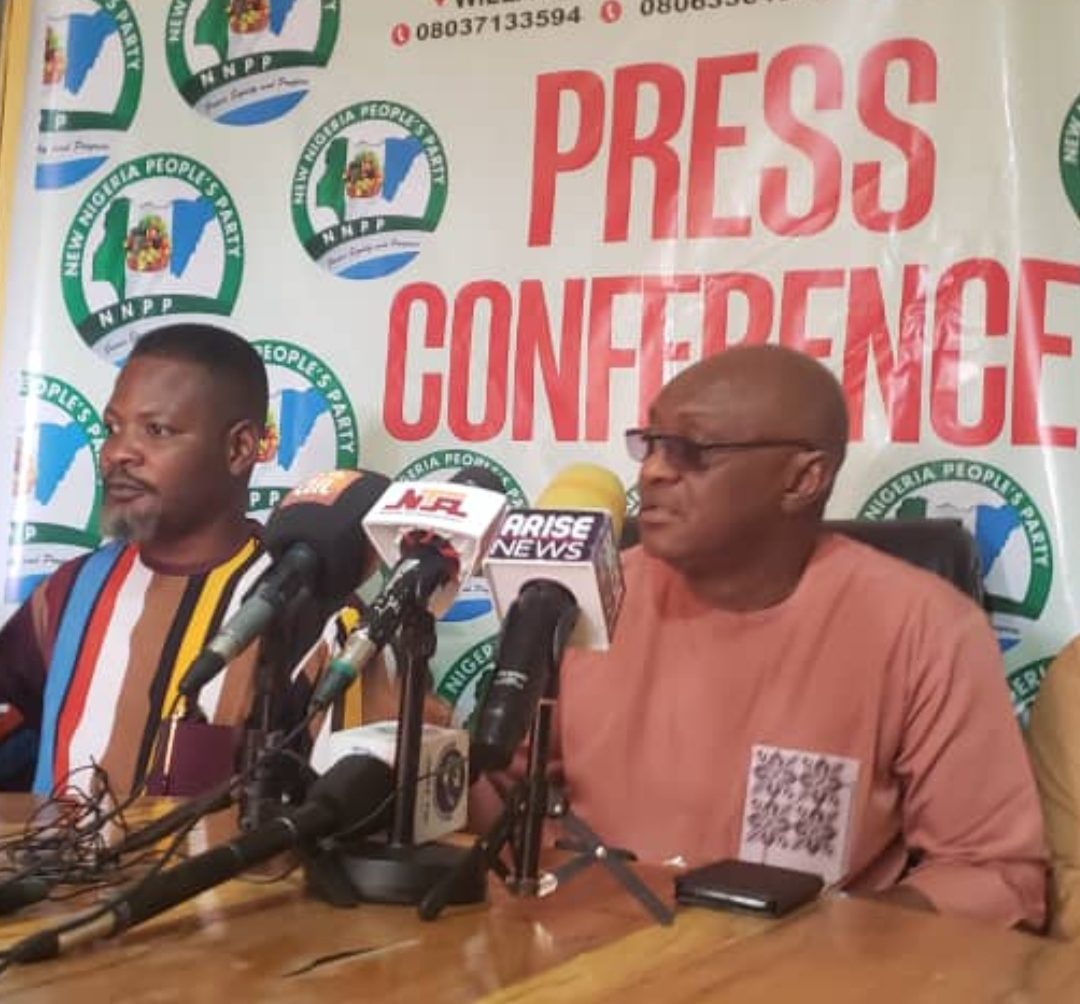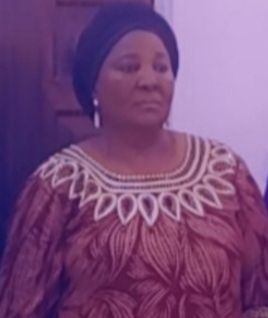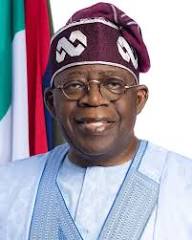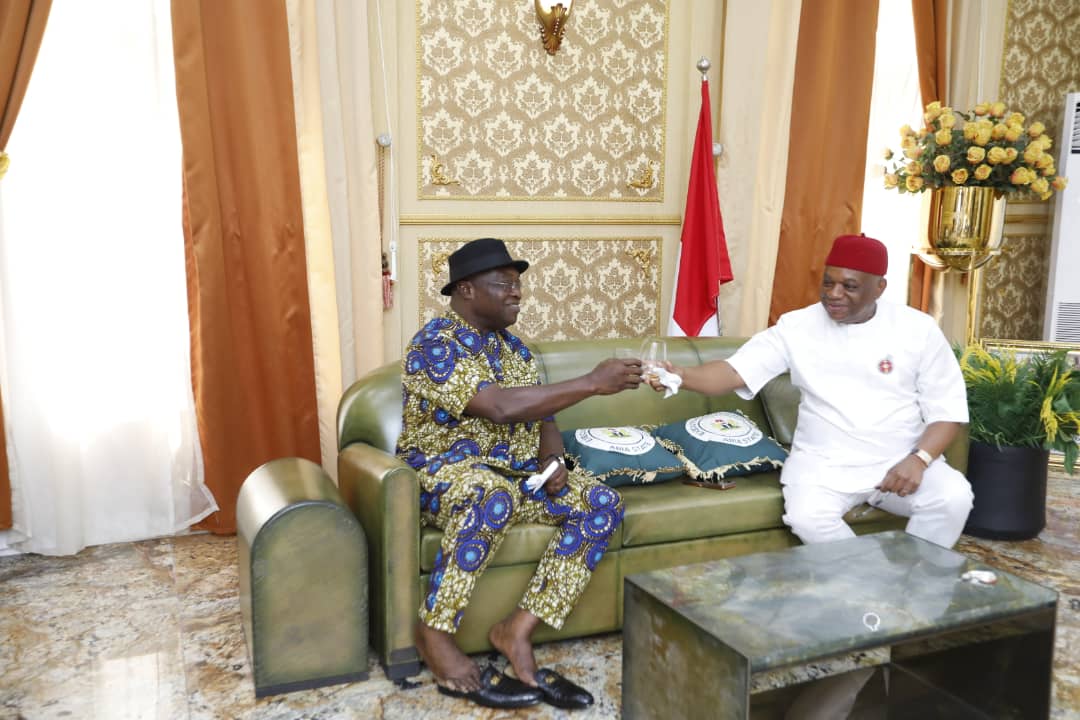The Federal Capital Territory (FCT) High Court in Abuja has dismissed a suit challenging the leadership of the New Nigeria Peoples Party (NNPP), affirming Dr. Agbo Major as the party’s legitimate National Chairman.
The case, brought by a faction loyal to Senator Rabiu Kwankwaso, sought to invalidate the leadership of the NNPP’s Board of Trustees (BoT), led by Chief Dr. Boniface Aniebonam.
The suit, filed by Dr. Ahmed Ajuji and 20 others, asked the court to bar NNPP officials, including Barr. Tony Christopher Obioha, Comrade Oginni Olaposi (National Secretary), and Chief Felix Chukwurah (Deputy National Chairman), from convening meetings, organizing congresses, or presiding over the party’s National Convention.
However, Justice M.A. Hassan ruled that the court lacked jurisdiction over internal party disputes, citing established legal precedents.
“The law is clear—courts do not interfere in the internal affairs of political parties, except in matters related to the nomination of candidates for elections,” the judge declared.
With this ruling, all claims against the NNPP leadership were dismissed, further solidifying the Dr. Agbo Major-led executive as the party’s recognized authority.
This decision aligns with an earlier judgment by the Abia State High Court (Suit No.: HUZ/11/2024, November 1, 2024), which reinstated the NNPP’s Board of Trustees and affirmed the legitimacy of the party’s congresses and National Convention.
Speaking after the verdict, defense counsel Segun Fiki, Esq., described the suit as a failed attempt to destabilize the party’s leadership.
“The court has reaffirmed that this case lacks merit. With this decision, we expect INEC to recognize and cooperate with the legitimate NNPP leadership,” he said.

This ruling deals a significant blow to the Kwankwaso-led faction, which had sought to reclaim control of the party. Legal analysts argue that, having participated in the case, INEC is now duty-bound to acknowledge the leadership of Dr. Agbo Major and its executive.
Political observers believe the judgment will restore unity within the NNPP, allowing the party’s leadership to focus on strengthening its structure and preparing for future elections.
The court’s decision is being seen as a major victory for internal democracy, reinforcing the judiciary’s stance against undue interference in party affairs. It also underscores the NNPP’s commitment to due process and legitimate governance.
With the legal dispute settled, all attention now turns to INEC’s next steps in recognizing and working with the affirmed leadership of the NNPP.



